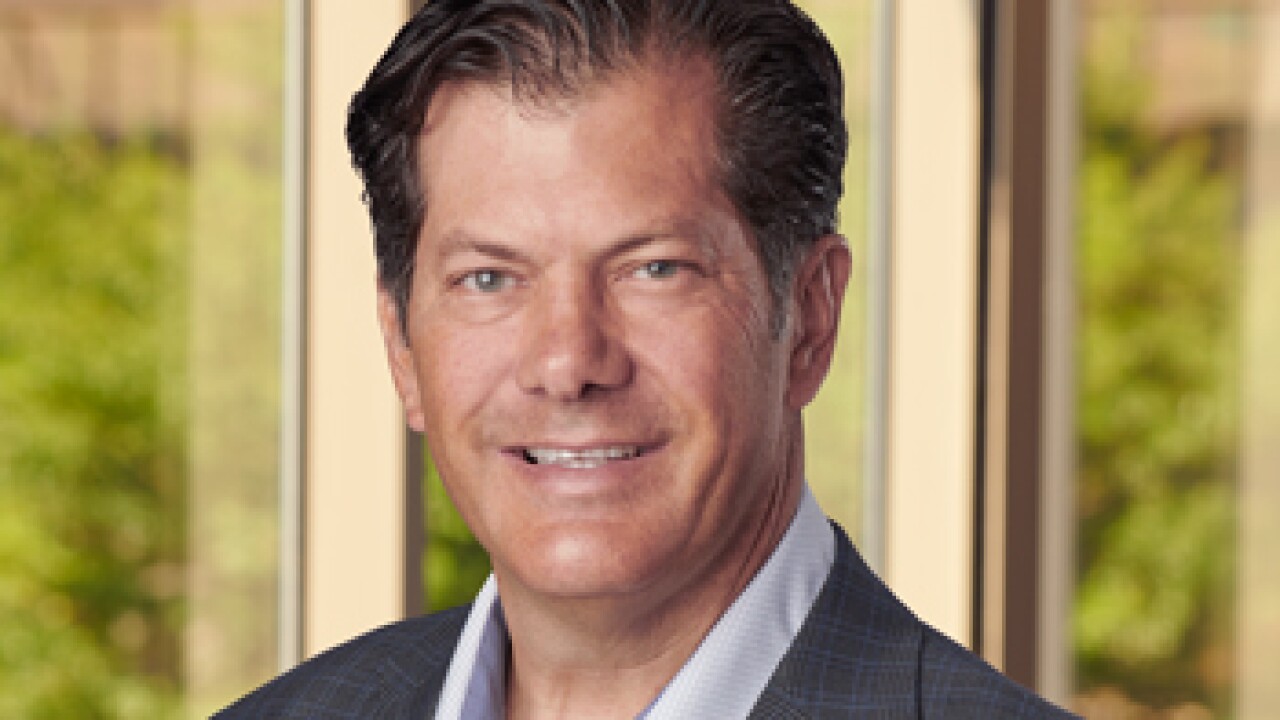Last week I moderated an Accounting Today Web Seminar on Tax Office Workflow.
The response to the speakers, Chuck McCabe of The Income Tax School and Cathy Mueller of Peoples Income Tax, was enthusiastic, so much so that there wasn’t time to address all of the audience questions. For the sake of the smaller, independent tax preparers, here are some of the questions, along with the responses from the speakers.
Question: I’ve heard that a non-compete agreement is not enforceable. Is that true?
Answer: (McCabe): In my experience a non-compete agreement is always enforceable during the term of employment. After termination of employment, a non-compete provision may be enforceable in most states except California, as long as the provisions is reasonable. The test of reasonableness includes three factors: (1) Does it restrict the former employee from pursuing his or her livelihood? (2) Is the time period that the restriction will apply reasonable? (3) And is the geographic area of the restricted activity reasonable?
We only prohibit former employees from serving clients they served while employed by us. For tax preparers the typical time period is two years and the distance is usually 25 miles from the former employer’s offices(s). Equally important as having a non-compete clause is to include provisions in your tax preparer employment agreement that survive indefinitely to prohibit solicitation of clients and employees, and to require confidentiality of client and proprietary company information.
Question: How many hours of employee pre-work training is necessary?
Answer (McCabe): We require new tax preparers to attend about 12 hours of pre-work training in class in addition to previous training in tax preparation and tax software. Our pre-work classroom training covers the following: (1) company policies and procedures based on our Tax Office Operations Manual (available from the Income Tax School), (2) tax season marketing programs and (3) customer service training. Our training is interactive and incorporates role-playing based on actual scenarios that have occurred in our tax offices. After classroom training, new employees complete at least a week of on-the-job training with an experienced tax preparer serving as a mentor. Prior employees attend at least four hours of pre-work training each year to review policies and procedures, introduce changes, and reinforce customer service.
Question: How do you provide your clients with the required Gramm-Leach-Bliley Act notification each year?
Answer (Mueller): Peoples provides each client with a folder that contains the printed tax return or CD with three years of tax returns and the client’s backup documents at the close of each exit interview. The privacy policy is printed on this folder. We felt that this procedure would be the best method of assuring that each client actually received the Gramm-Leach-Bliley notice annually. Our Triple Guarantee and off-season availability information are printed on this folder as well.
Question: Do you actually require all returns to be checked by a second person?
Answer (Mueller): Yes, we require all associates regardless of experience level to have each tax return they prepare checked by a second associate. This policy applies to EAs and CPAs as well as unenrolled preparers.
Anyone can make a mistake and we try to minimize the risk of that happening. This is especially important in this era of increased preparer penalties. Cross checking provides an opportunity for less experienced preparers to learn from the returns completed by the more experienced staff as well as reducing errors. This procedure also provides a second chance to ensure that all of the EITC Cue Diligence procedures have been followed and that all of the necessary records are completed and maintained.
Question: How do you charge for tax preparation, by time or by the form?
Answer (Mueller): Our tax preparation charges are based on the forms that must be completed for each tax return. Since not all tax preparers work at the same pace, we feel that this method provides the best value for our clients and enables Peoples to maintain consistency from one of our locations to another as well as from one tax preparer to another. We explain to each client that we only charge for the forms that are necessary to accurately complete his or her return each year. We do allow a time charge for compiling tax information for clients whose records are not complete, such as the “shoebox” of receipts from a Schedule C client.





